I'm very upset about the lack of bees
herboil
16 years ago
Related Stories

FUN HOUZZEverything I Need to Know About Decorating I Learned from Downton Abbey
Mind your manors with these 10 decorating tips from the PBS series, returning on January 5
Full Story
FEEL-GOOD HOME12 Very Useful Things I've Learned From Designers
These simple ideas can make life at home more efficient and enjoyable
Full Story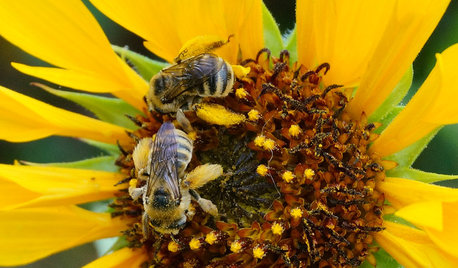
EARTH DAY12 Entertaining ‘Bee-haviors’ of Native Bees
The parade of pollinator antics is another reason to create a garden that nurtures native bees
Full Story
DECORATING GUIDESHoneycomb Shapes Are the Bee’s Knees
The hexagon is everywhere in nature — in honeycombs, tortoiseshells, snowflakes. Why not replicate it in home design?
Full Story
CONTRACTOR TIPSBuilding Permits: What to Know About Green Building and Energy Codes
In Part 4 of our series examining the residential permit process, we review typical green building and energy code requirements
Full Story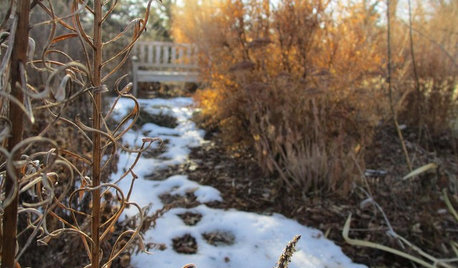
WINTER GARDENING6 Reasons I’m Not Looking Forward to Spring
Not kicking up your heels anticipating rushes of spring color and garden catalogs? You’re not alone
Full Story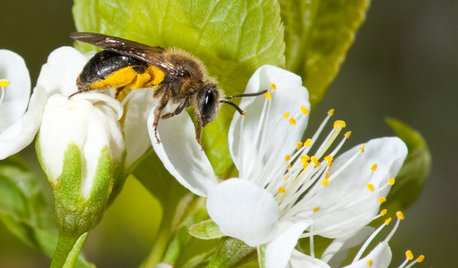
GARDENING GUIDESInvite Mining Bees to Your Garden by Planting Their Favorite Plants
Look for mining bees (Andrena) pollinating woodland wildflowers in U.S. gardens this spring
Full Story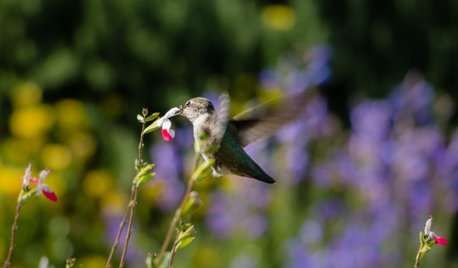
GARDENING GUIDESAttract Hummingbirds and Bees With These Beautiful Summer Flowers
Roll out a welcome mat for pollinators to keep your landscape in balance and thriving
Full Story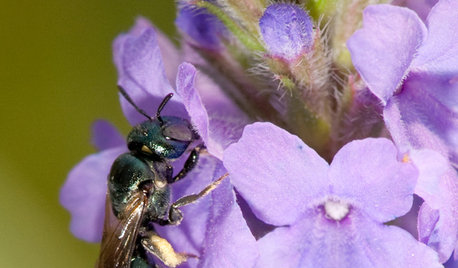
GARDENING GUIDESSmall Carpenter Bees Are Looking for a Home in Your Plant Stems
Provide flowers and nesting sites in your garden for this beautiful, tiny, metallic blue wild bee — your plants will thank you
Full Story






tonybeeguy
eibren
Related Professionals
Beavercreek Landscape Architects & Landscape Designers · Carson Landscape Architects & Landscape Designers · Lyons Landscape Architects & Landscape Designers · Oatfield Landscape Architects & Landscape Designers · Salisbury Landscape Architects & Landscape Designers · Newcastle Landscape Architects & Landscape Designers · Milford Landscape Contractors · Kailua Landscape Contractors · North Lauderdale Landscape Contractors · Northbridge Landscape Contractors · Ridgewood Landscape Contractors · Royal Oak Landscape Contractors · Wilton Landscape Contractors · Golden Valley Landscape Contractors · Camp Springs Landscape Contractorsjimnc13
tonybeeguy
decolady01
deweymn
herboilOriginal Author
herboilOriginal Author
bandit_tx
lancetg
Marie Tulin